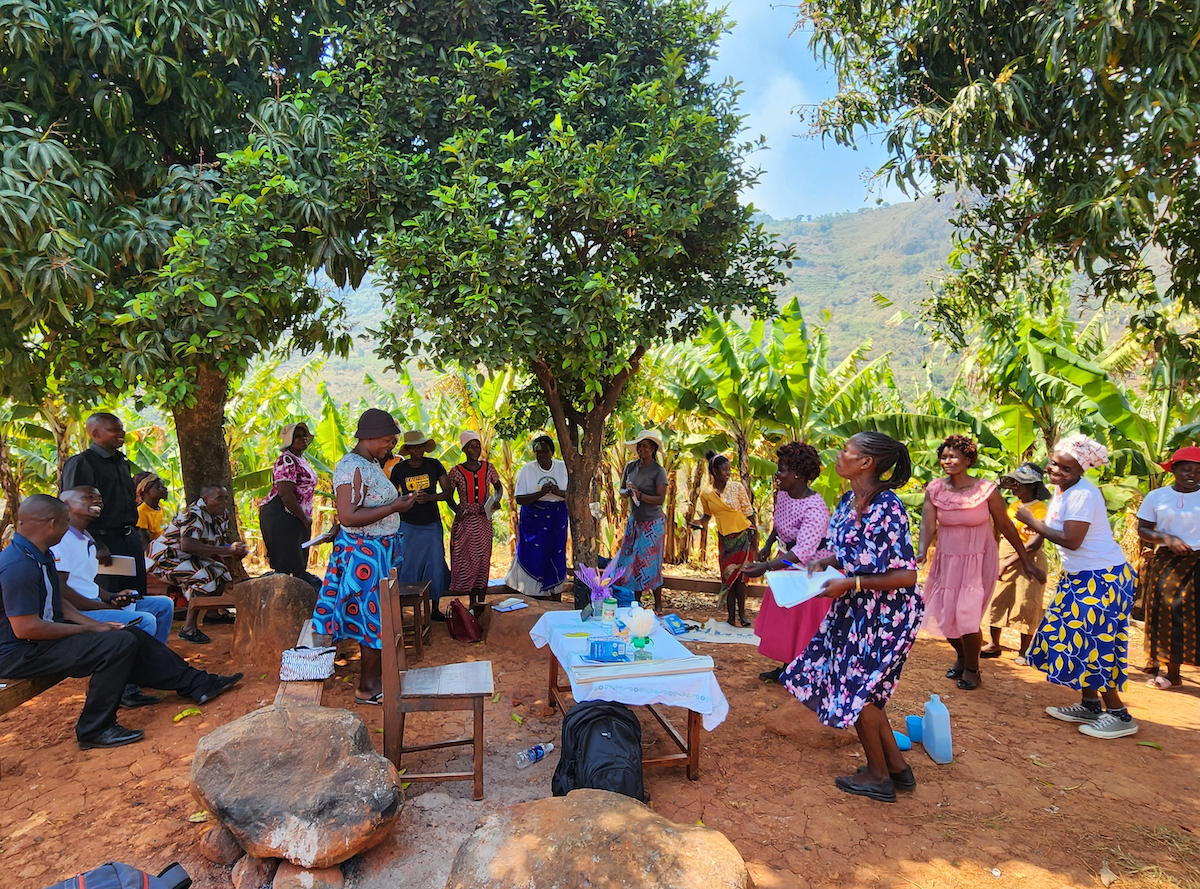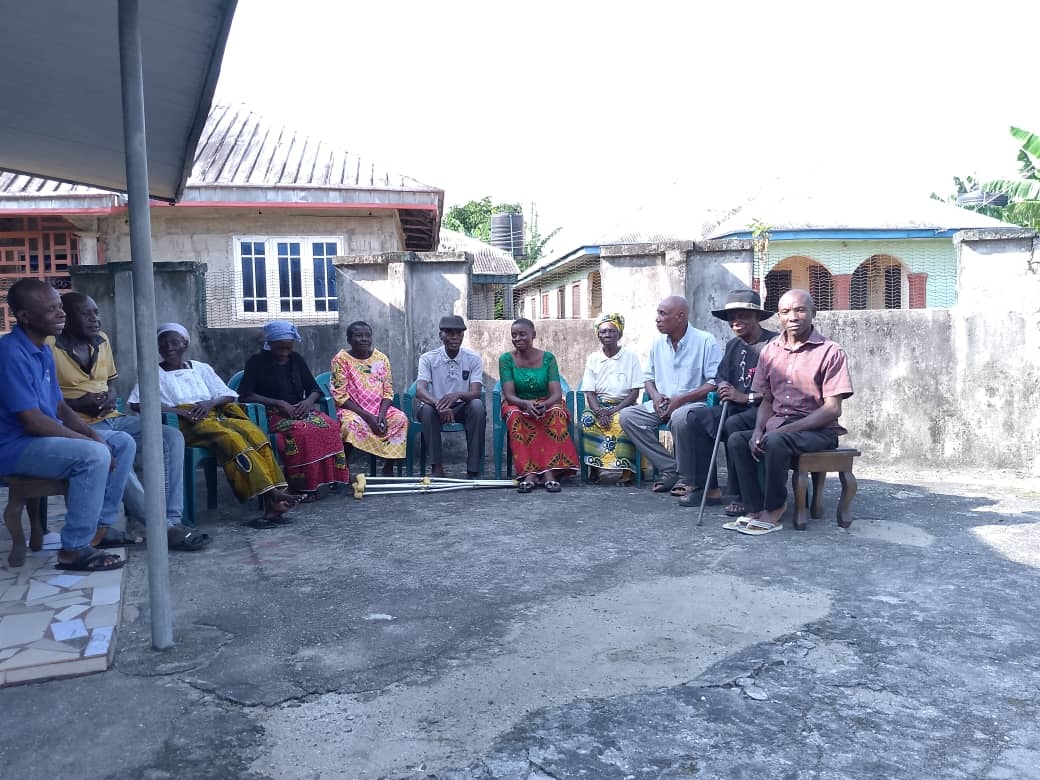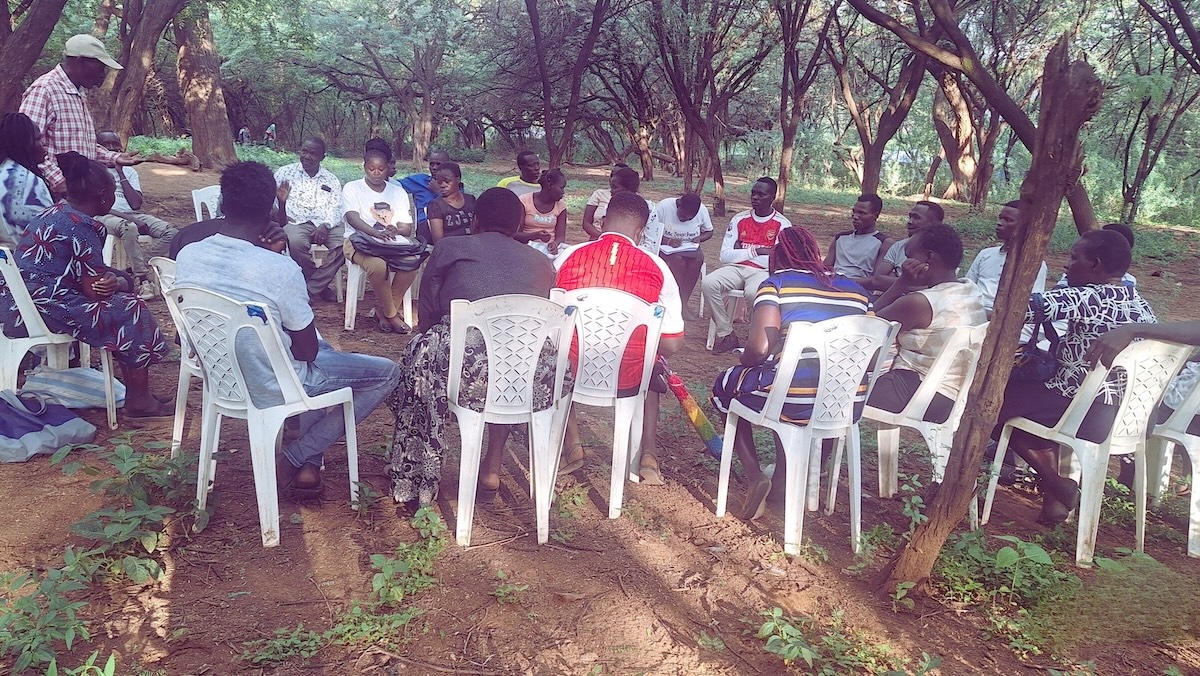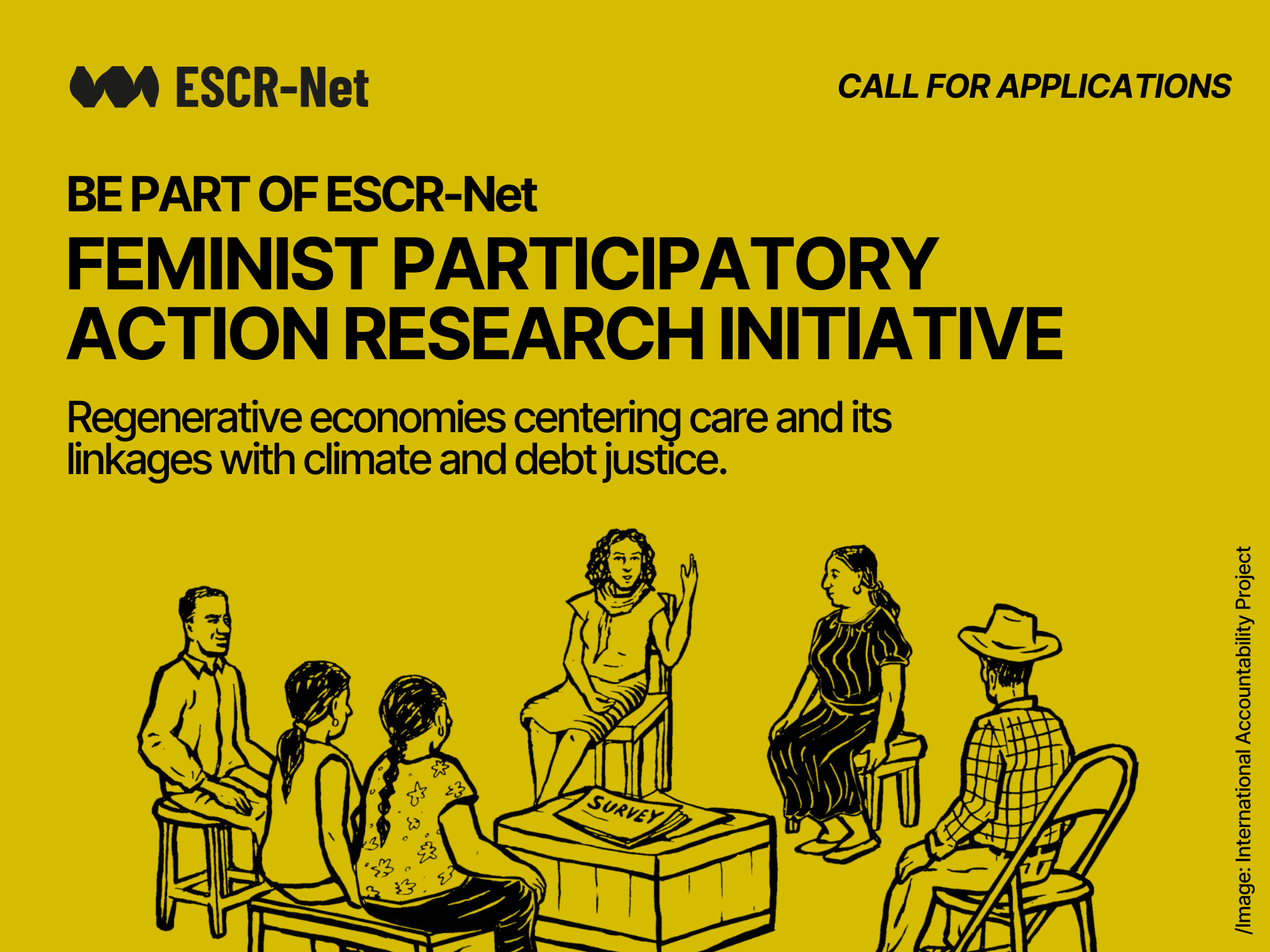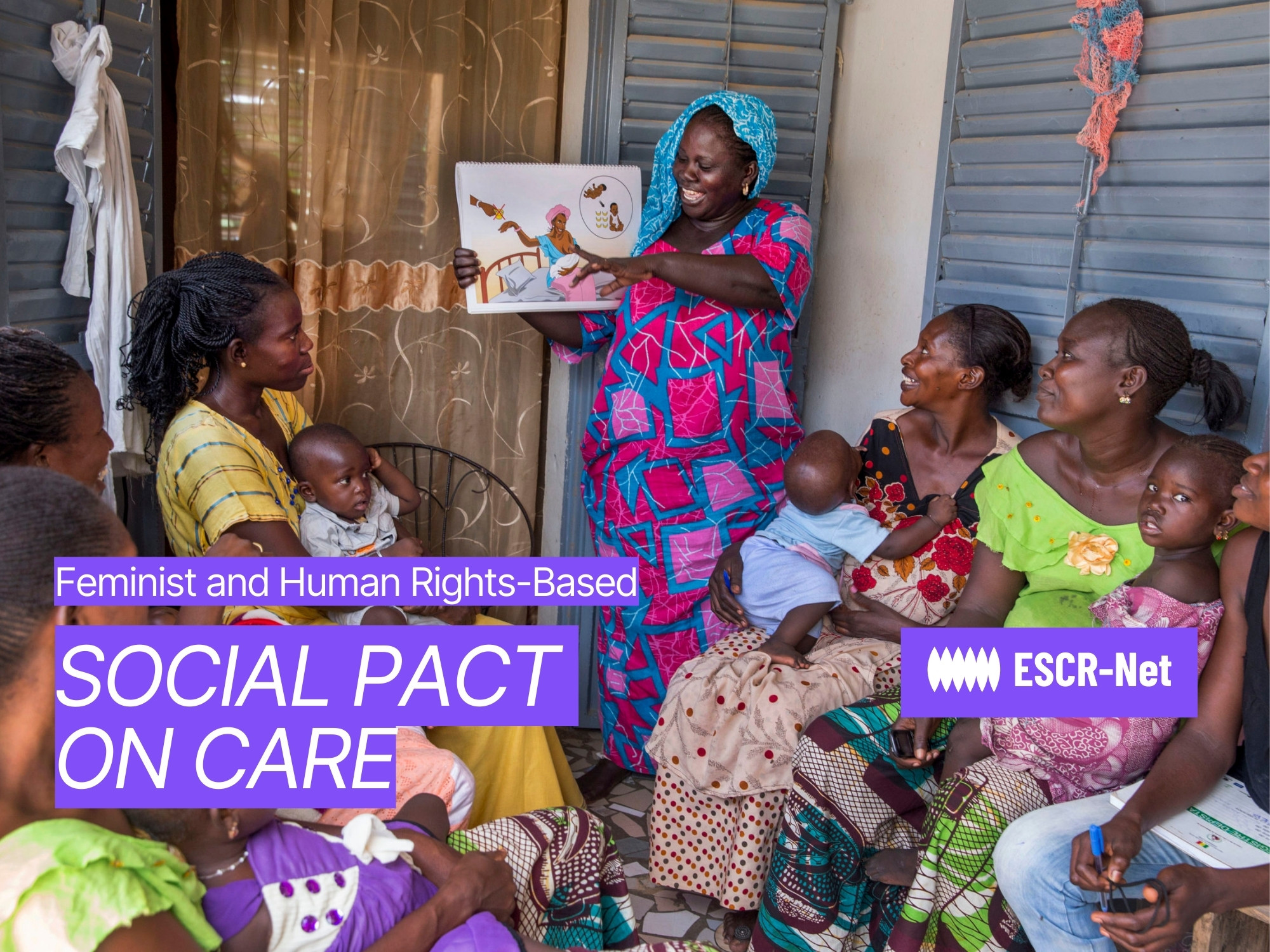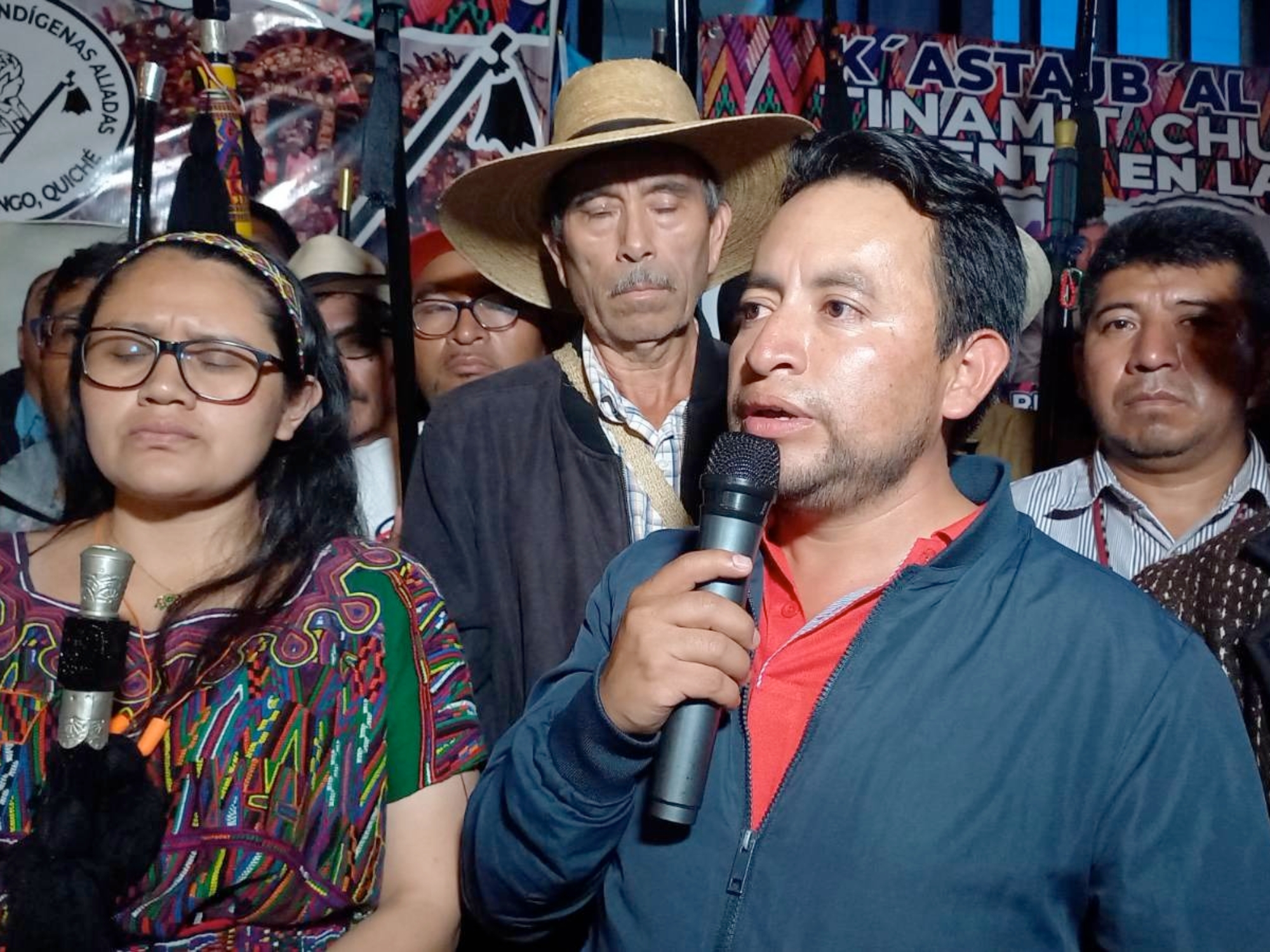In a world shaped by exploitative economic systems and intersecting crises, this initiative seeks to build alternatives rooted in collective care, community knowledge, and feminist resistance. Through FPAR, organizations and movements from across the globe will co-create evidence and narratives to support just and care-centered economies, aligned with ESCR-Net’s Social Pact on Care.
This initiative is grounded in Feminist Participatory Action Research (FPAR)—a methodology that challenges extractive research models by centering the knowledge of women and communities. Participants will develop and conduct their own research process and journey, shaping the questions, methods, and outcomes based on their lived experiences, political contexts, and ancestral knowledge.
The research process—running from May 2025 to November 2026—will combine local fieldwork, collective learning, in-person and online exchanges, and storytelling strategies to strengthen advocacy rooted in care.
At the heart of this work is a shared understanding: today’s dominant economic model—neoliberal capitalism—is built on extraction, colonialism, racism, and patriarchy. It thrives by exploiting the labor of feminized and racialized communities and by devaluing care work, even though care is what holds our societies and ecosystems together.
Through this initiative, participants will explore how their communities practice care in the face of crisis—be it environmental destruction, an unjust debt burden, or a lack of public policies that uphold care rights. They will draw on ancestral knowledge, lived experience, and collective memory to document alternatives that already exist and imagine new ones. Together, they’ll co-create visions of caring economies that put dignity, equity, and sustainability at the center.
Meet the 2025–2026 FPAR Research Teams
After a rigorous and participatory selection process, ESCR-Net is proud to collaborate with five organizations across diverse geographies and struggles. These groups are rooted in movements for environmental justice, labor rights, Indigenous self-determination, and feminist organizing:
- Porgera Red Wara (River) Women’s Association (Papua New Guinea)
A grassroots, women-led organization in Enga Province supporting communities impacted by decades of environmental and human rights abuses caused by the Porgera Gold Mine. Their research will document disrupted traditional care systems, center the voices of women, disabled people, elders, and youth, and promote regenerative economic practices rooted in Indigenous knowledge. - Bisan Center for Research and Development (Palestine)
Bisan will examine how women participating in the informal economy navigate caregiving and economic survival under occupation and patriarchy. Their study will document solidarity-based informal economies that prioritize well-being over profit and build evidence to support care-centered systems of collective well-being. - Women’s Action Towards Economic Development (WATED) (Tanzania)
WATED’s research will explore the role of both paid and unpaid care work in advancing sustainable economies, amplifying women’s leadership in climate justice, and advocating for gender-responsive climate financing. They will highlight community-led approaches to resilience and the importance of intergenerational knowledge in building care-centered futures. - SOCRA – Sindicato Obreros Curtidores de la República Argentina (Argentina)
SOCRA will document the work of the Delia Parodi workers’ cooperative, composed of women and LGTBIQ+ members, who provide community-based elder and childcare services. Their research will support advocacy for the recognition, training, and formalization of caregiving roles as essential to economic and social well-being. - [Name withheld for security reasons]
A membership-based group working with peasants, fishers, and agricultural workers will conduct research focusing on the economic and climate resilience of rural women, as well as their collective organizing. The group will advocate for rural women’s access to environmental resources and social protection from a feminist perspective.
The cohort will participate in shared learning spaces that foster translocal dialogue, solidarity, and strategic exchange. Planning activities include:
- An in-person workshop in June 2025;
- Quarterly online sessions on caring economies, feminist methodologies, and advocacy;
- Co-development and execution of communications strategies and narrative interventions to amplify their findings;
- Build a shared advocacy strategy based on grounded research.
The initiative is supported by a diverse and regionally representative Advisory Group (AG) of feminist, researchers, and human rights defenders from Latin America, Africa, and Asia. The AG co-designs and co-facilitates learning exchanges, brings critical insights on feminist and participatory methodologies, and provides political and strategic guidance throughout the process. Their collective wisdom helps ensure the research remains accountable to community realities and rooted in transformative feminist praxis.
Centering Collective Care and Safety
As this initiative challenges structural power, it may also carry risks. Care and protection will be integral to every stage of the process. The ESCR-Net Secretariat and Advisory Group will collaborate with each team to assess risks, develop mitigation plans, and activate solidarity when needed, including through the System of Solidarity (S.O.S).
What Comes Next?
The 2025–2026 FPAR cohort is not just a research initiative—it is a political and narrative intervention. In a moment where dominant systems continue to fail the majority, this cohort embodies resistance, possibility, and care in action.
